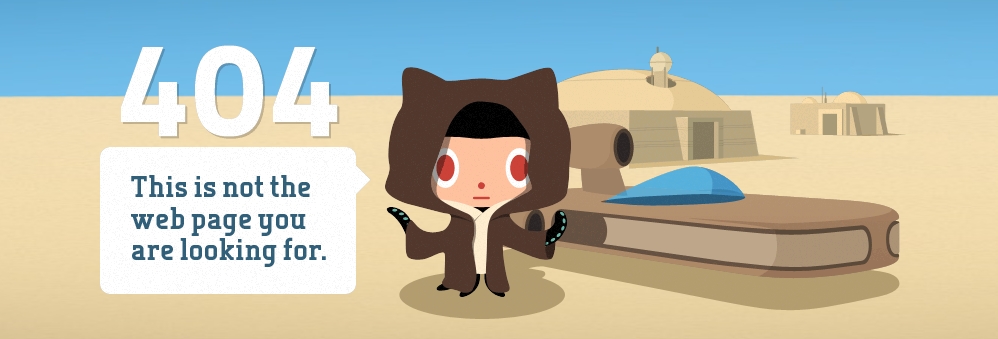Unity’s new per-install fees will apply even to older games released before the pricing changes. It also appears that earlier this year, the company also retroactively removed one clause from its terms of service.

Shortly after Unity announced a Runtime Fee based on game installs, many developers took to social media to criticize the company’s decision. Some of them even started considering jumping ship to other engines like Godot.
Slay the Spire developer Mega Crit was one of the latest studios to react to the changes. In a post on X (Twitter), it said the “retroactive pricing structure of Runtime Fees is not only harmful in a myriad of ways to developers — especially indies — it is also a violation of trust.”
Mega Crit announced its plans to migrate to a new engine for its new game, also pointing to a Reddit post detailing how Unity silently removed a GitHub repository that allowed devs to track changes in the engine’s terms of service (TOS).
- User Darkfrost spotted that in June 2022, Unity silently removed its Terms of Service repository on GitHub (here is the latest archived version). The company released it in 2019 to “give developers full transparency about what changes are happening, and when.”

Unity’s GitHub repo that allowed devs to track license changes is no longer available
- Around that time, Unity also added a clause to its TOS reading, “if the Updated Terms adversely impact your rights, you may elect to continue to use any current-year versions of the Unity Software […] according to the terms that applied just prior to the Updated Term. The Updated Terms will then not apply to your use of those current-year versions unless and until you update to a subsequent year version of the Unity Software.”
- This allowed devs in some cases to avoid being affected by sudden TOS changes. For example, if a developer released a game under one terms, they could stick to that license for engine versions or any Long Term Supported (LTS) version released within the last calendar year.
- However, on April 3, 2023, Unity once again updated its TOS and removed the clause. This technically means that developers now can be obliged to comply with any changes the company makes to its license, no matter what.

Clause that is missing from the latest version of Unity’s terms of service
- Fast forward to September 12, 2023. Unity introduces a Runtime Fee, saying that the “fee applies to eligible games currently in market that continue to distribute the runtime.” This allows the company to retroactively charge devs new fees even if they started using Unity and released their game under the previous TOS.
- So if an existing title generated a certain amount of revenue in the last 12 months and reached a certain threshold in lifetime downloads, it would be charged for any new install above that threshold starting January 1, 2024.
“They’ve purposefully removed the repo that shows license changes, removed the clause that means you could avoid future license changes, then changed the license to add additional fees retroactively, with no way to opt-out,” Darkfrost wrote. “After this behavior, are we meant to trust they won’t increase these fees, or add new fees in the future?”
Of course, the TOS changes might not be directly related to the Runtime Fee rollout, which happened a few months after Unity removed the clause mentioned above. However, some developers still think this looks quite shady, especially for a company that has previously declared the importance of transparency and stated that “when you obtain a version of Unity, and don’t upgrade your project, we think you should be able to stick to that version of the TOS.”
